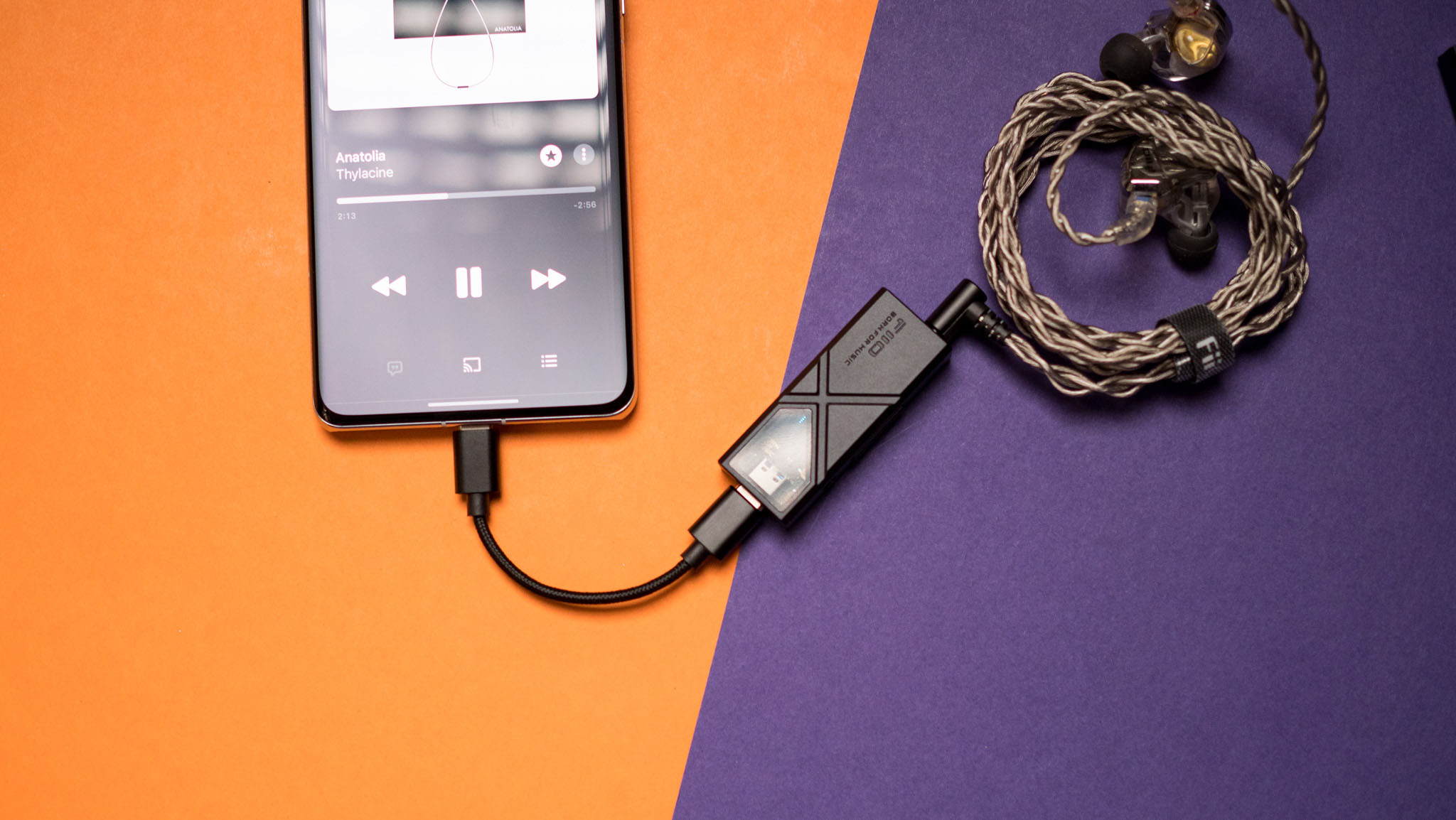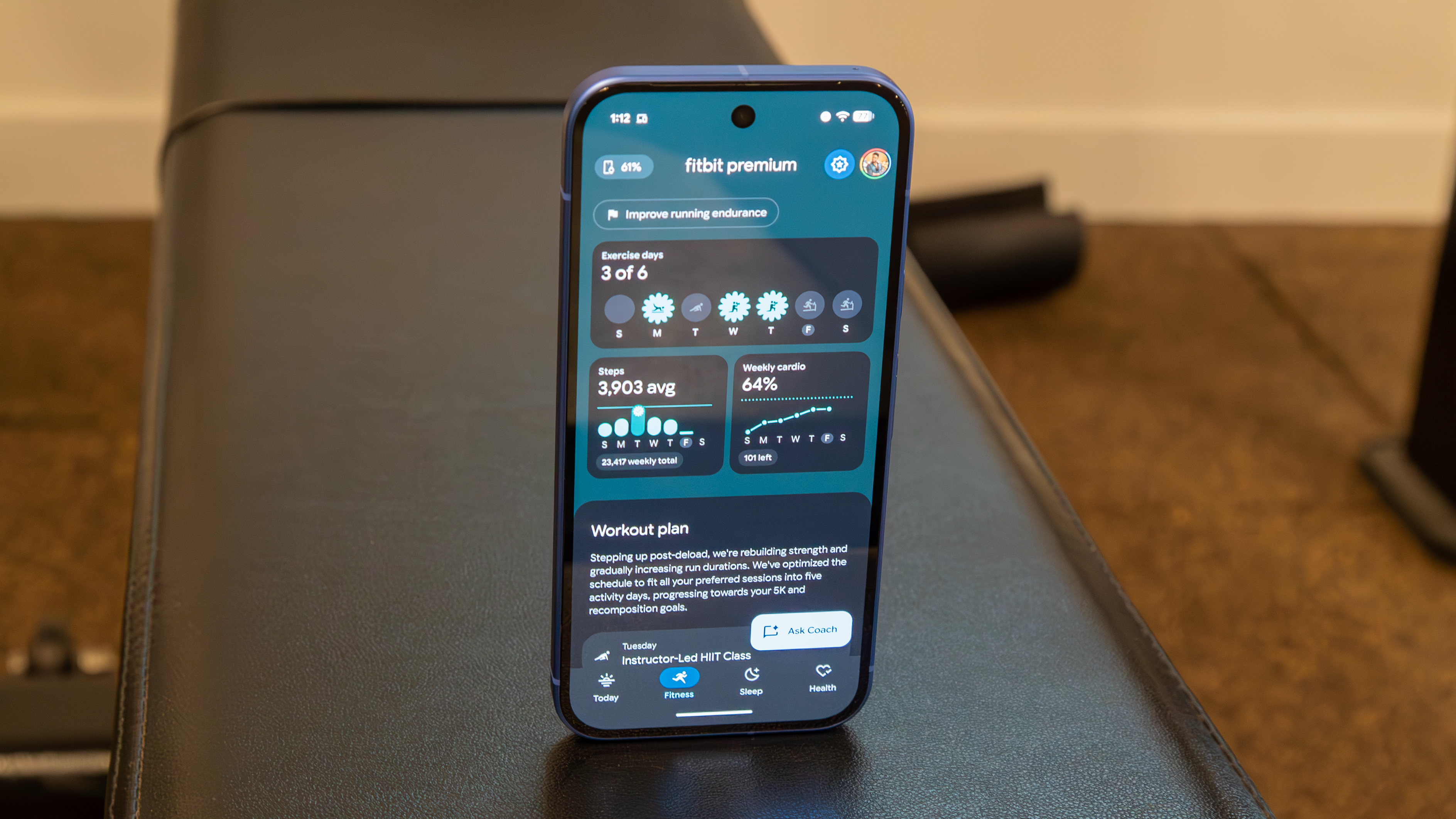Android Central Verdict
The KA13 shares a lot of the same characteristics as the rest of its KA series siblings; it has a metal chassis that's built to last, it is easily portable, and it offers an incredible value. You also get a 3.5mm port alongside the balanced 4.4mm connector, and the biggest differentiator is the power: the KA13 delivers up to 500mW of power, making it a standout choice if you need a DAC to use with your phone that can drive just about any headset.
Pros
- +
Good design with diminutive size
- +
Incredible build quality
- +
One of the most powerful dongle DACs around
- +
Neutral sound with good tonality
- +
Outstanding value
Cons
- -
No carrying case
- -
Higher power draw
Why you can trust Android Central
A dongle DAC is the easiest way to connect IEMs and enthusiast headsets to your phone. These days, there are dozens of great choices that don't cost too much money, and Fiio by itself has a ton of enticing products in this segment. While the Chinese audio manufacturer sells a lot of high-end products and has ventured into a lot of new categories over the last 12 months, it is still at its best when making budget DACs, and the KA13 is one of its best yet.
The KA13 has a lot of similarities to the KA5 dongle DAC I reviewed last year, and while there isn't a TFT panel this time around, you get 3.5mm and 4.4mm ports, a great DAC, and plenty of power — this tiny dongle delivers up to 550mW, and is able to drive any IEM or headset.
Note: This review was made possible with a review unit provided by Fiio. The brand did not see the contents of the review before publishing.
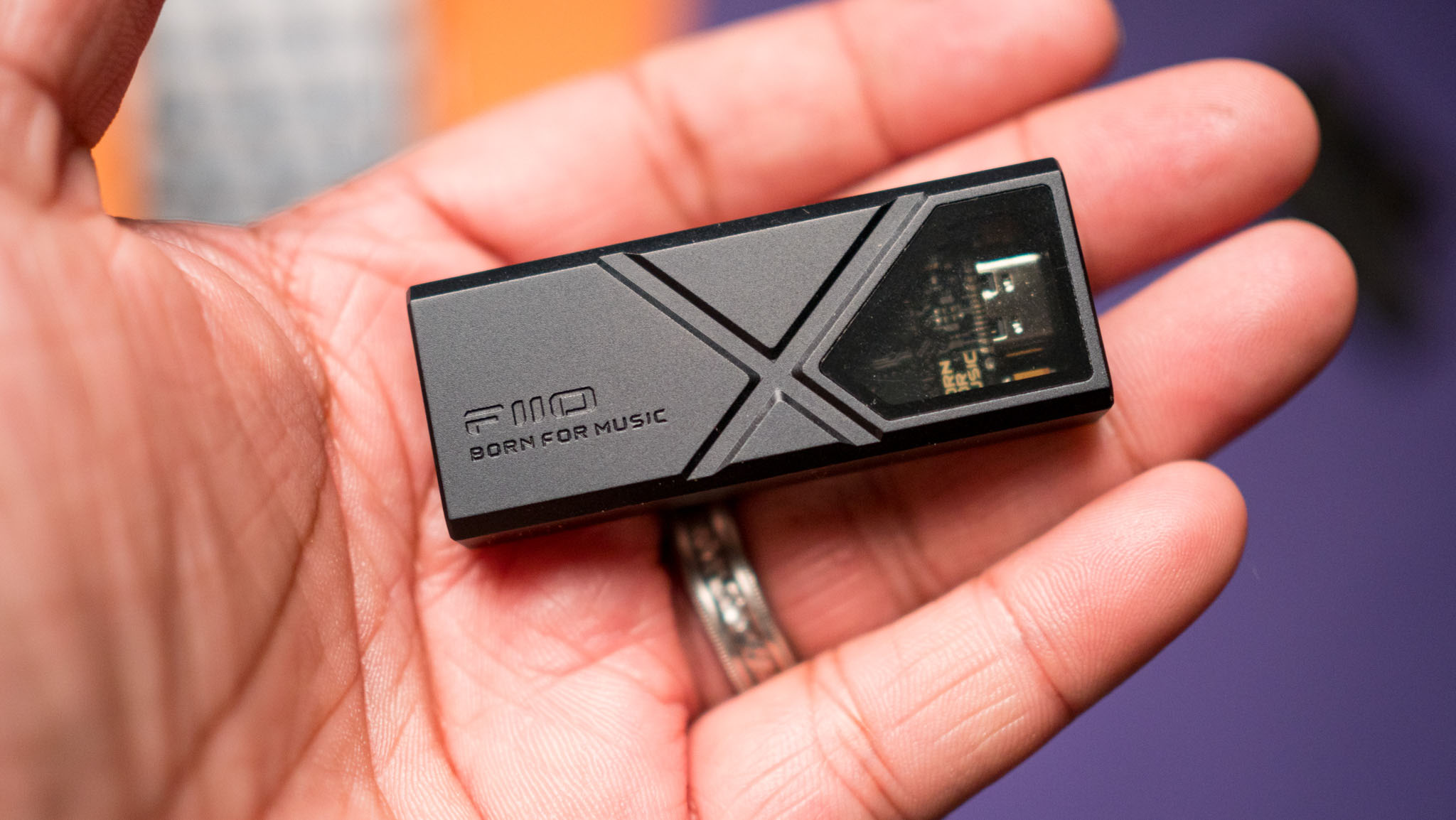
The KA13 is available for just $79 on Amazon, making it a standout value — just like the rest of Fiio's dongle DAC offerings. Like its siblings, the DAC is branded under the Jade Audio label; this means the product is aimed at a younger audience and budget-focused, but other than that distinction, there isn't any difference in terms of build quality or features.
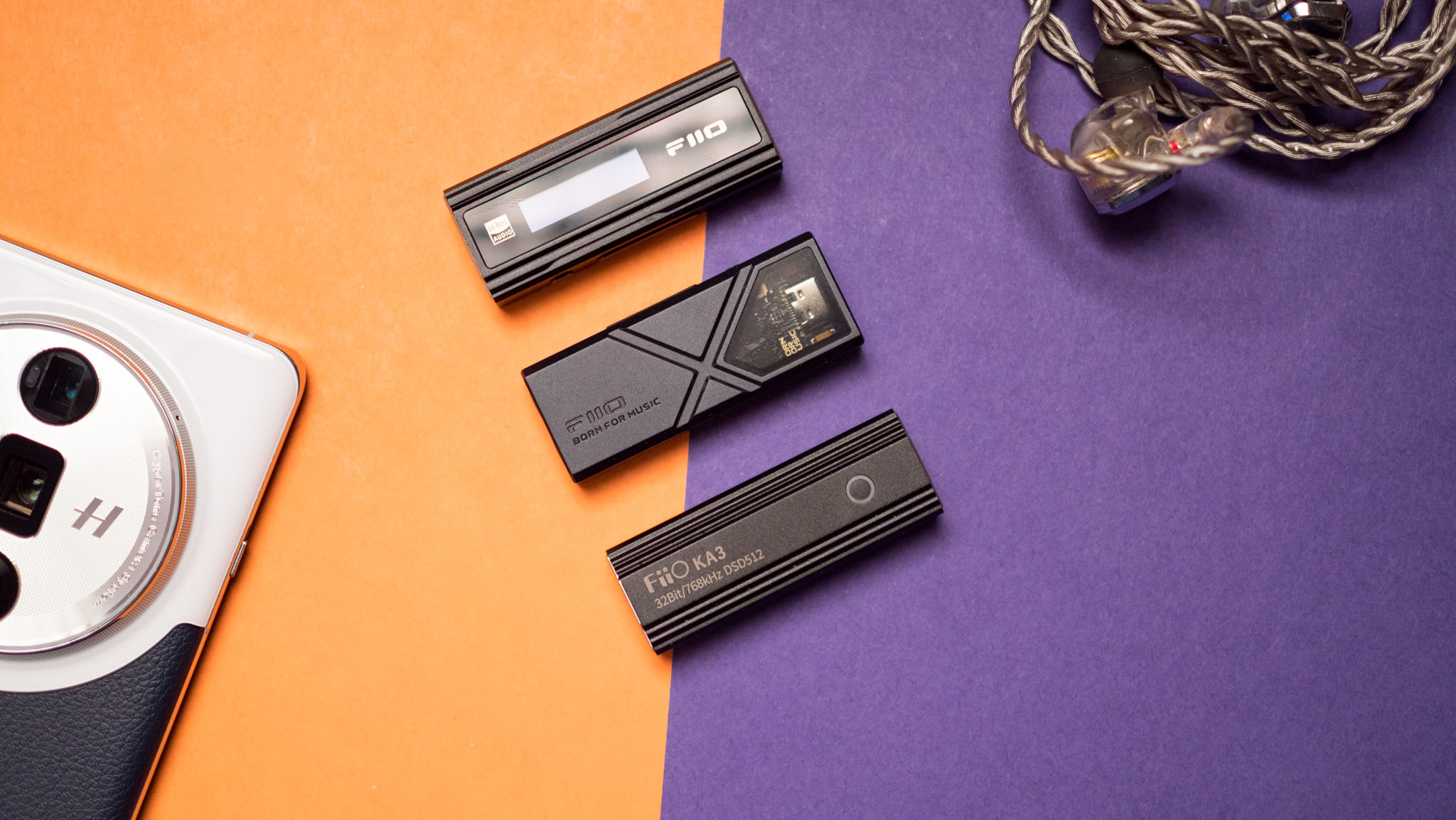
Fiio doesn't usually change the design of its products, and the KA13 is about the same size as its siblings, the KA3 and KA5. It uses the same metal enclosure, but the design is a little cleaner, and there's a tiny window next to the USB-C port that lights up when the DAC is in use.
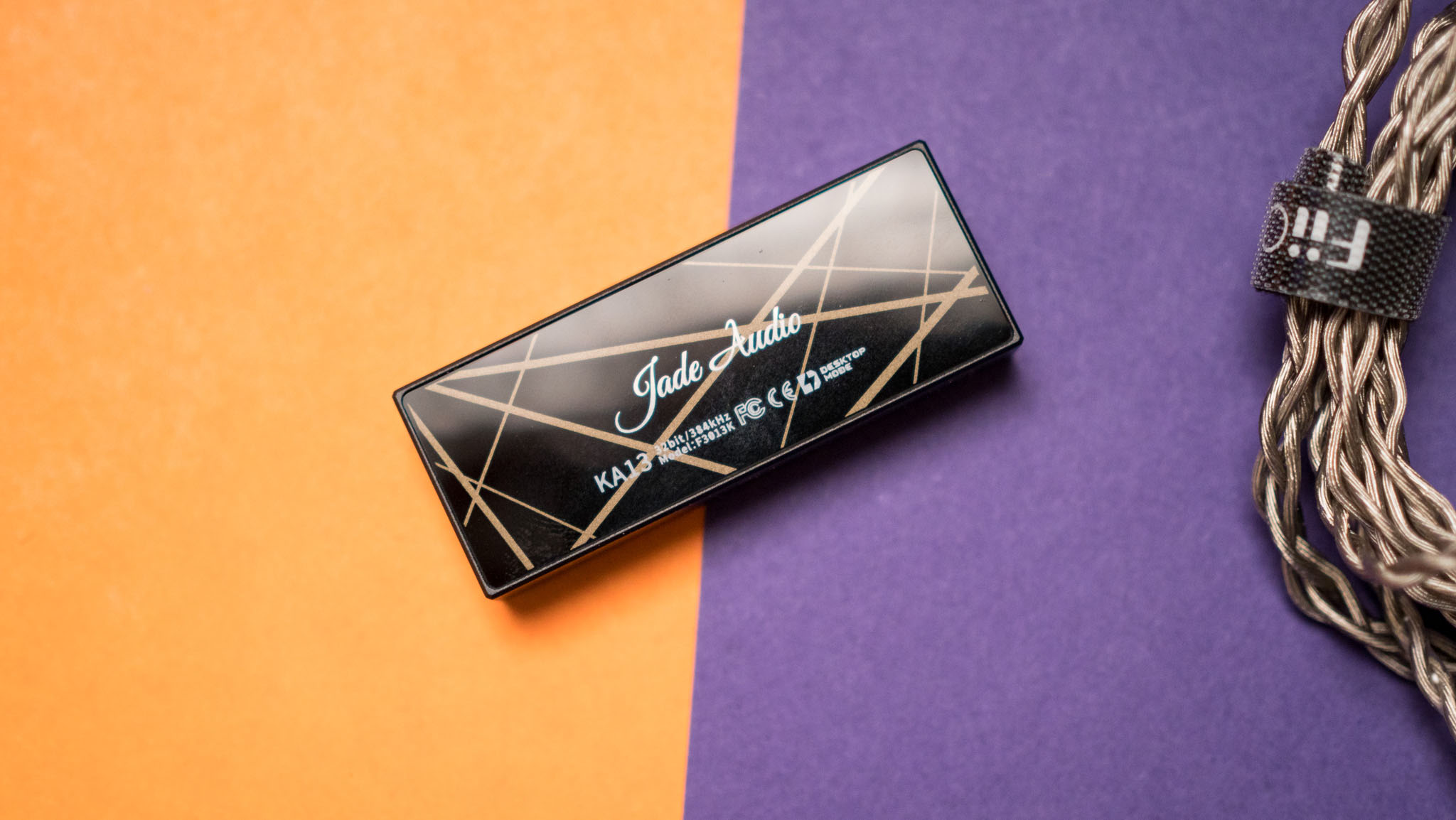
At just 18.5g, the KA13 is about as portable as a dongle DAC can get while still offering high-quality DAC hardware. If you want a design that stands out a bit, the white version definitely looks striking. The underside has a glass back and Jade Audio branding along with an intricate pattern that looks stylish, and on the whole, the KA13 looks like a product that should cost a lot more than $79.
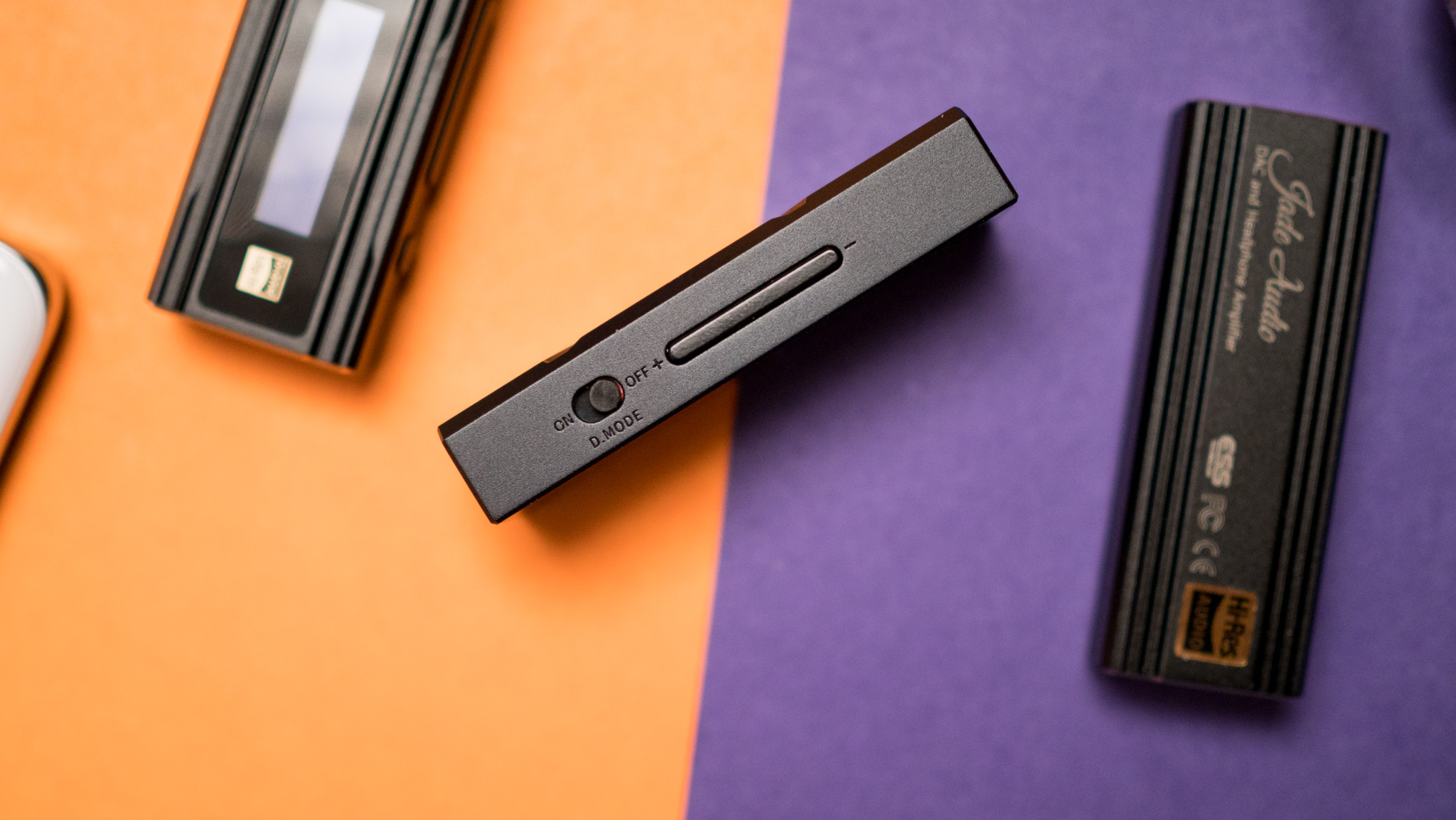
A new addition on the KA13 is a toggle that enables desktop mode. You also get a volume rocker that lets you adjust the volume with ease, and the connectors are located at either ends — one side has USB-C, and the other has a single-ended 3.5mm jack and a balanced 4.4mm out.
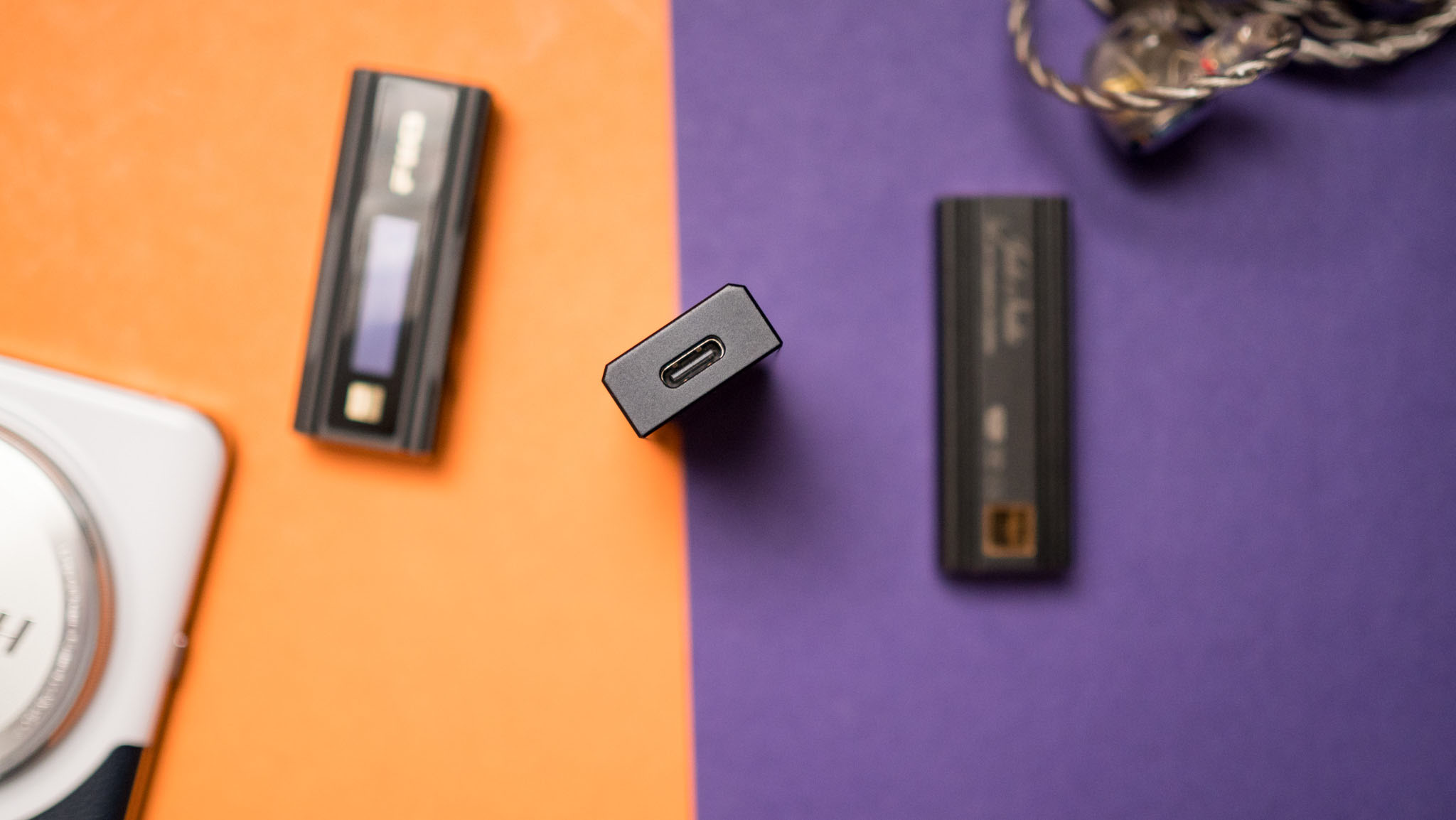
Fiio bundles a short USB-C to USB-C cable in the box, and you get a dongle to use with USB-A ports, and a USB-C to Lightning cable if you don't have the iPhone 15 and are using an older model. I used the USB-C connector with my iPhone 15 Pro Max, and there were no issues whatsoever. But a bulk of the testing was done with the DAC paired to the Magic 6 Pro, Pixel 8 Pro, and Xiaomi 14.
Get the latest news from Android Central, your trusted companion in the world of Android
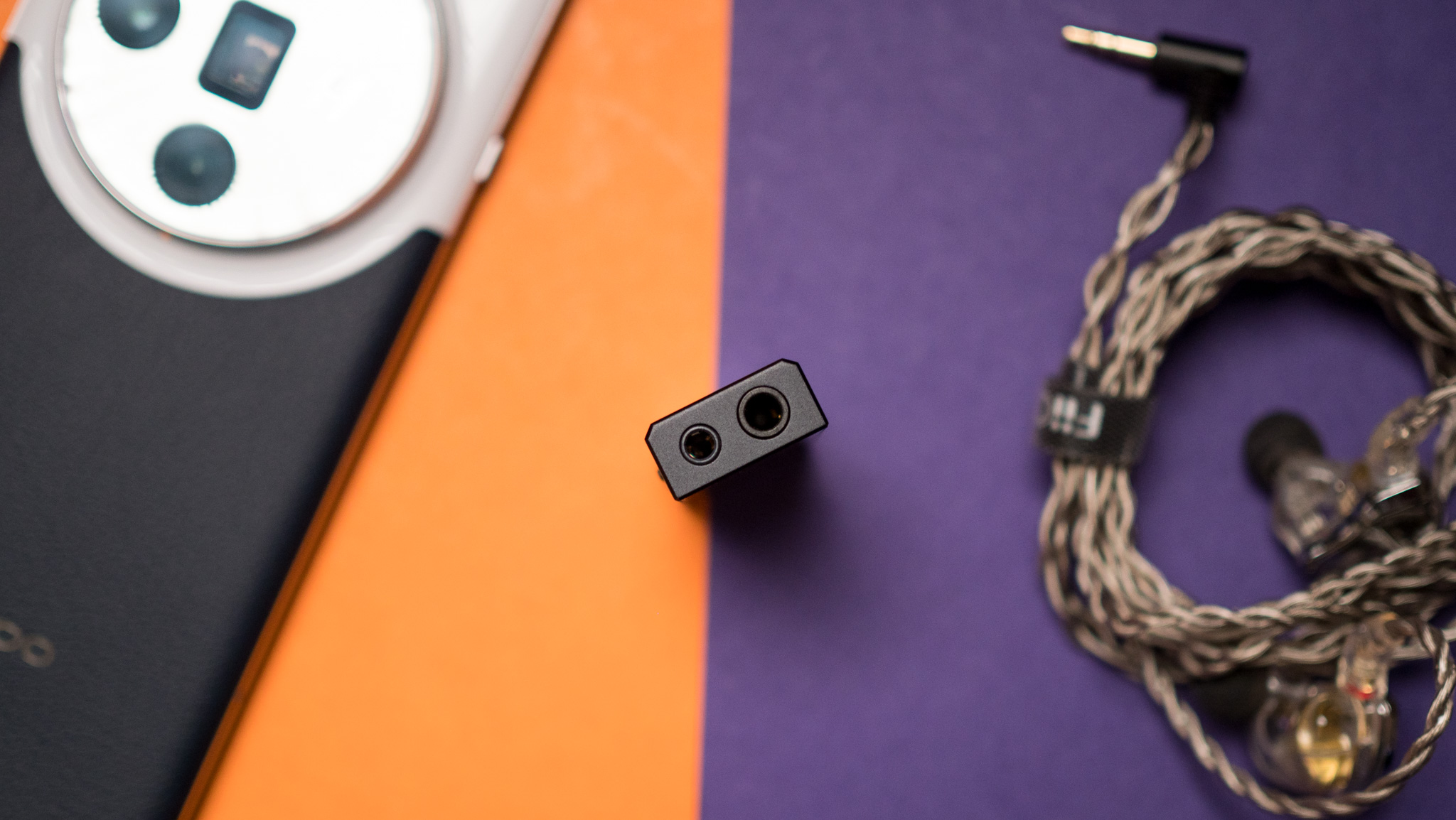
Easily the best part about using the KA13 is its versatility; you can connect the DAC to your phone, tablet, Windows machine, and any other device that has a USB-C port and get great audio out, no drivers needed. I used the DAC with Fiio's entry-level FH11 IEMs, and it did a (predictably) great job. Given the power on offer, I also used it with the demanding FX15, FT5 headset, and a slew of products over the course of three months.
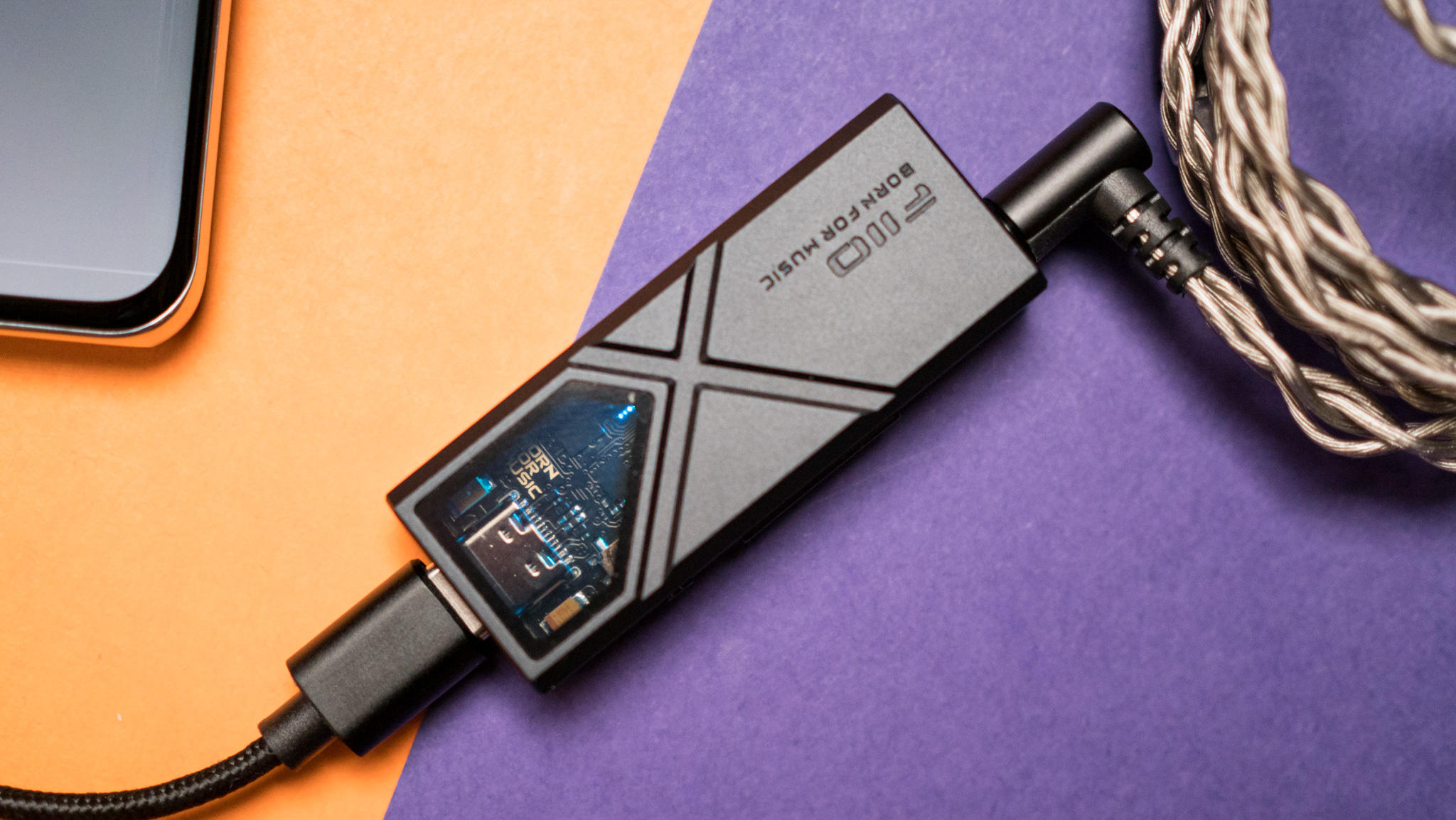
My main takeaway is that the KA13 is one of the most powerful dongle DACs you can buy today. It has more than enough power to drive any IEM, and it also handles demanding headsets with ease. The DAC is able to deliver 290mW at 16Ω and 170mW at 32Ω over the 3.5mm port, going up to 500mW at 16Ω and 550mW at 32Ω via the balanced 4.4mm port. These numbers are when the desktop mode is enabled, and honestly, if you're using anything other than sensitive IEMs, it makes sense to toggle the mode.
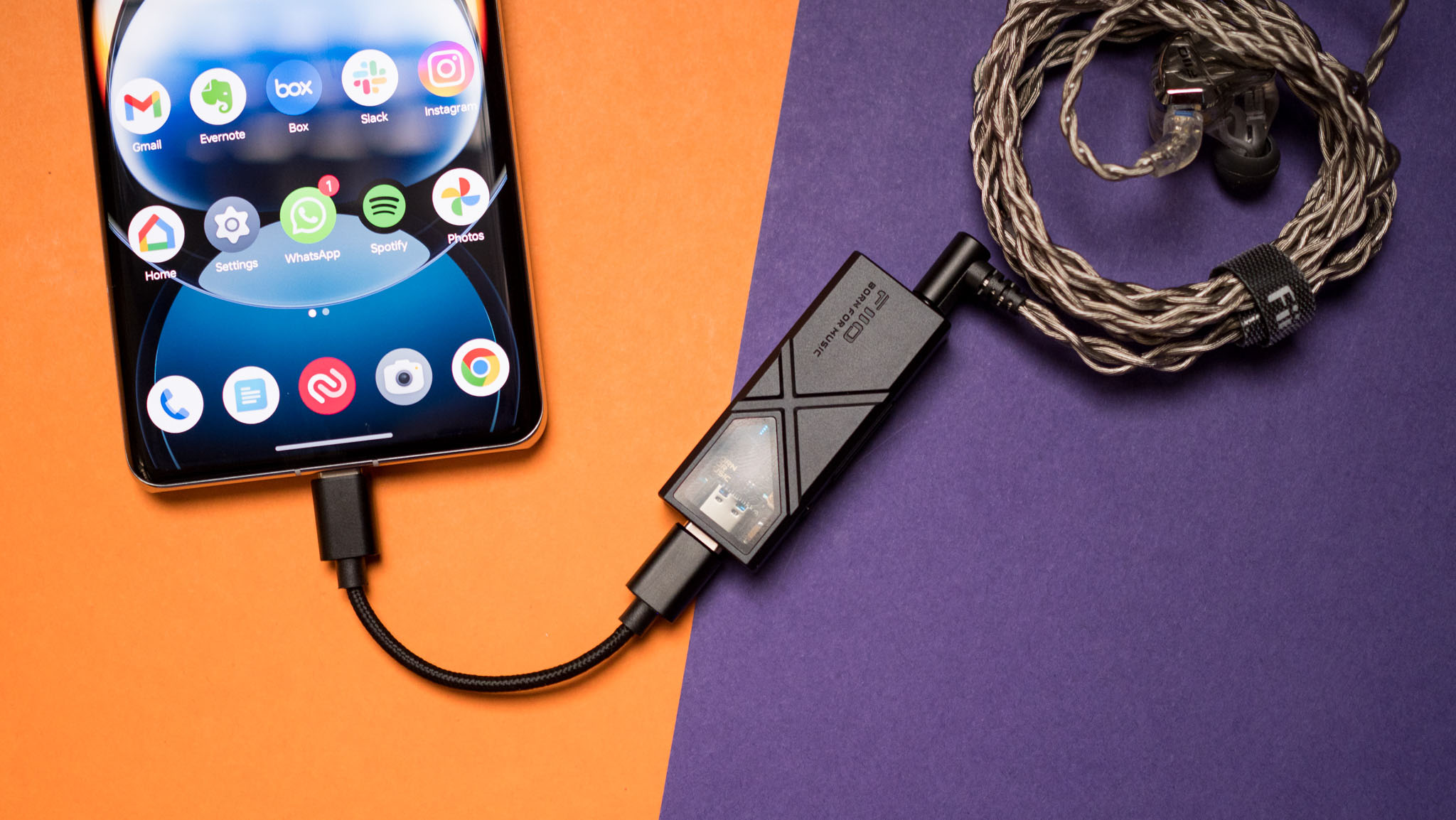
The KA13 uses dual Cirrus Logic CS43131 DAC chips combined with an SG Micro SGM8262 amp, and if that sounds familiar, it's because Fiio used the same configuration inside the KB3 keyboard that also houses a DAC. The KA13 is able to hit 384kHz/32-bit via PCM and DSD128, and while the KA5 is able to go up to 768kHz, it doesn't quite manage to deliver the same level of power.
Coming to the sound, the KA13 has a slightly narrower soundstage than the KA5, but where it excels is the tonality. It is able to deliver a clean low-end with good articulation, natural mids with great vocal clarity, and good treble extension. Using it with the FX15 was an absolute joy, and the DAC clearly has a lot of potential.
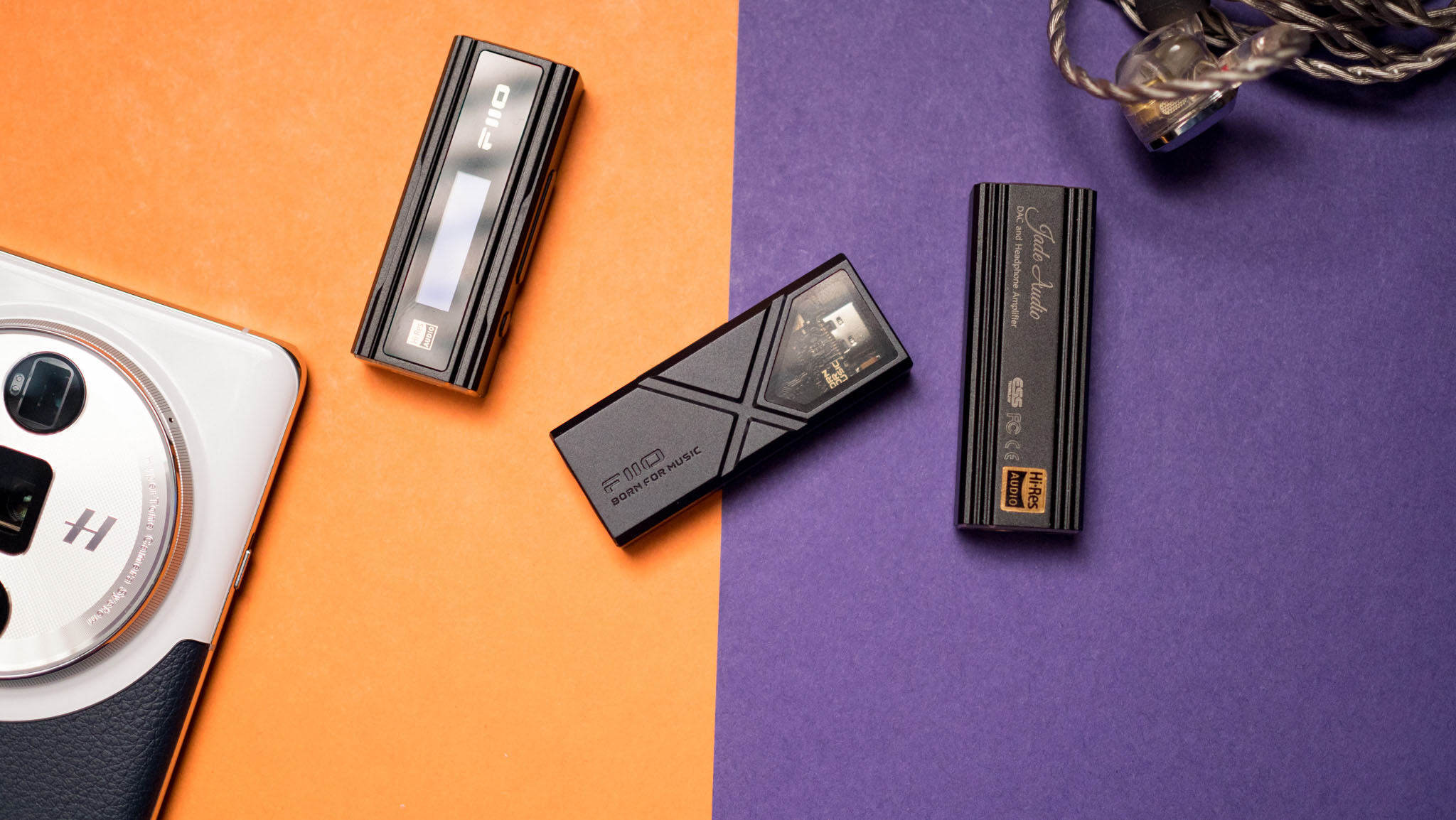
But it's the power that it is able to deliver that makes it unique; if you want a dongle DAC that can drive demanding headsets, this is the one to get. Obviously, the KA13 has a higher power draw than other DACs in this segment, but the fact that you're able to get this level of power out of such a small chassis is an achievement in and of itself.
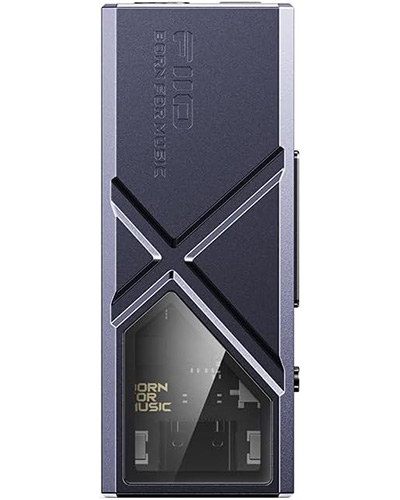
The KA13 has a sturdy build quality, and delivers incredible power. If you need a DAC to use with your phone, this is a standout choice.

Harish Jonnalagadda is Android Central's Senior Editor overseeing mobile coverage. In his current role, he leads the site's coverage of Chinese phone brands, networking products, and AV gear. He has been testing phones for over a decade, and has extensive experience in mobile hardware and the global semiconductor industry. Contact him on Twitter at @chunkynerd.
You must confirm your public display name before commenting
Please logout and then login again, you will then be prompted to enter your display name.
